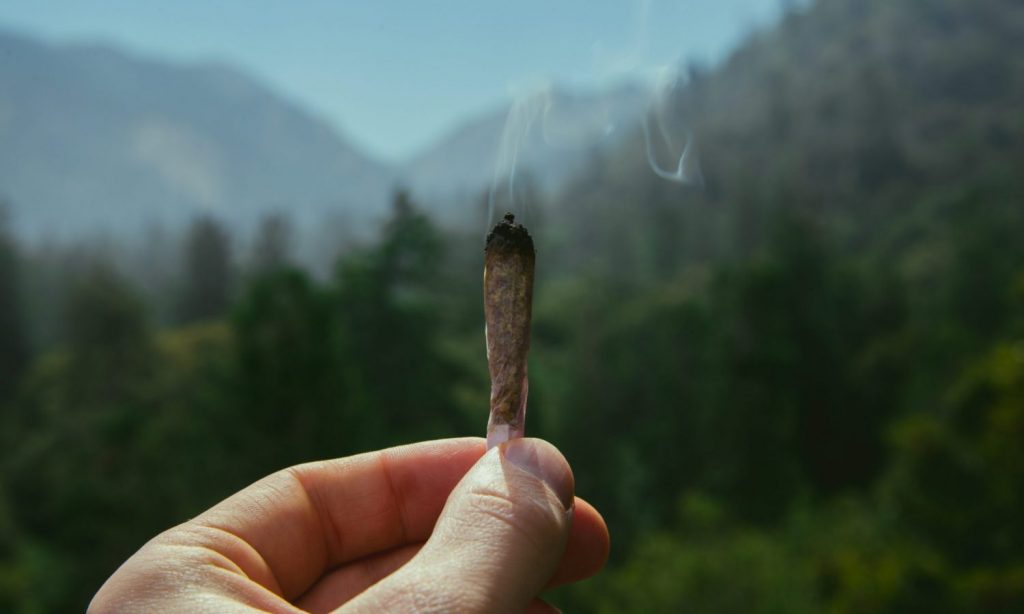If you don’t have access to THC or prefer not to have such a “head trip” while getting high, then delta-8 is a great solution for you.
By now you have heard about delta-8 THC and the huge push to have it shipped and sold across state lines. You may be asking yourself questions such as what is delta-8 THC, does it get you high like regular weed, how is it legal, and why are so many states now banning it or making it illegal. I wanted to see what all the fuss was about, so I decided to only use delta-8 THC for a week and see how it compares to smoking and eating the “real deal” marijuana products with regular old THC in them. So, what happened and what was it like to do hemp-based delta-8 THC for a week and why would someone switch to from regular THC to delta-8?
I think the best way to set this up is in a short FAQ type article, so we can hit the big 5 questions around delta-8 THC and get right to the review. Without further ado…
Photo by Jeff W via Unsplash
What is delta-8 THC and why are people going bananas over it?
Meet the delta-8-THC (tetrahydrocannabinol), which is very similar to the delta-9 THC cannabinoid. You may already be familiar with THC, the legendary cannabinoid that is responsible for the psychoactive effects of cannabis. Both are very similar, and the only thing that differentiates them is the presence of a few electrons.

Copyright
© 420 Intel






